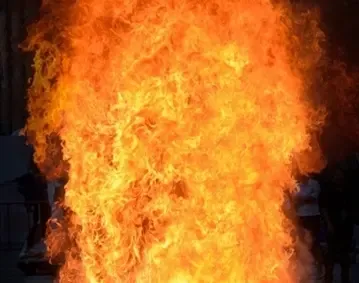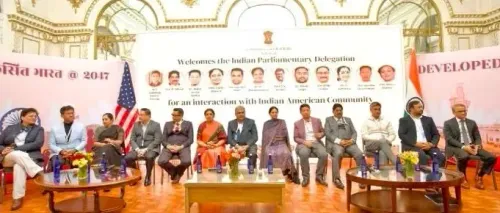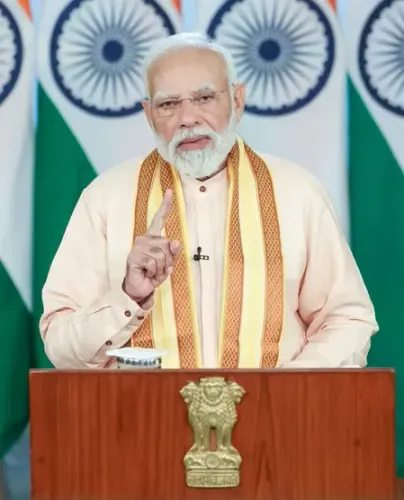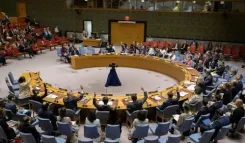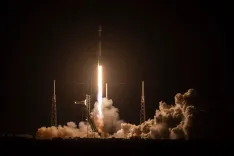India's Nuclear Energy Capacity Surges from 4,780 MW to 8,180 MW in a Decade, Ready for Major Advancements
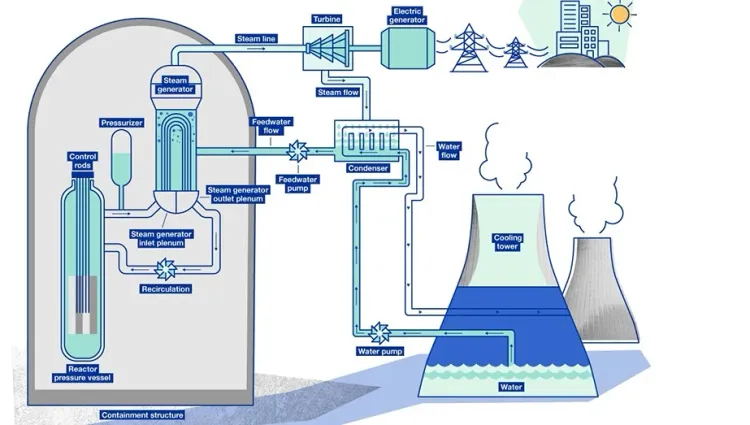
Synopsis
Key Takeaways
- India's nuclear capacity increased to 8,180 MW.
- Agreements with France to enhance nuclear technology.
- Investment of Rs 20,000 crore for SMRs.
- Collaboration on the Jaitapur Nuclear Power Plant.
- Focus on nuclear fusion through ITER.
New Delhi, Feb 14 (NationPress) India's nuclear sector has experienced a remarkable expansion over the past decade, increasing from 4,780 MW in 2014 to 8,180 MW in 2024. This growth is set to gain momentum following agreements established during Prime Minister Narendra Modi's visit to France, supported by a significant budget allocation in the Union Budget.
To facilitate the development of small modular nuclear (SMR) technology, Rs 20,000 crore has been earmarked in the 2025-26 Union Budget, with an aim to design and operationalize at least five indigenous SMRs by 2033.
India and France have entered into a partnership to collaboratively advance SMR reactors, which represent a transformative shift in nuclear power deployment.
Both PM Modi and French President Emmanuel Macron underscored the critical role of nuclear energy in enhancing energy security and advancing towards a low-carbon economy.
Additionally, the two nations are collaborating on the Jaitapur Nuclear Power Plant, which is on track to become the largest nuclear power facility globally, capable of generating up to 10 GW of electricity.
During his ongoing visit to Washington, PM Modi is also anticipated to explore potential nuclear investments from US companies.
India boasts a substantial thorium advantage that positions it favorably for future nuclear energy initiatives. The country possesses 21 percent of the world’s thorium reserves, making it a key player in future nuclear energy advancements.
Moreover, India is playing a pivotal role in the global initiative towards nuclear fusion, an innovative technology that promises unlimited, clean energy without enduring radioactive waste. As a full member of the International Thermonuclear Experimental Reactor (ITER) project, India contributes 9 percent of the project's funding and is actively involved in research and engineering.
This week, PM Modi and President Macron visited the ITER facility in Cadarache, France. This marked the first visit by any Head of State or Government to ITER, recognized as one of the most ambitious fusion energy projects worldwide.
During their visit, the leaders acknowledged the progress made at ITER, including the assembly of the world’s largest Tokamak, which aims to produce 500 MW of fusion power by creating, containing, and managing burning plasma. They also commended the commitment of the ITER engineers and scientists involved in the project.
India has been part of the seven ITER member nations contributing to the project over the past two decades. Approximately 200 Indian scientists and associates, alongside prominent industry players such as L&T, Inox India, TCS, TCE, and HCL Technologies, are engaged in the ITER initiative.
The rapid expansion of India's nuclear power is driving economic growth, reducing reliance on fossil fuels, and enhancing energy security. With a growing emphasis on indigenous technology, advanced reactors, and global collaborations, India is laying a robust groundwork for a cleaner and more self-sufficient energy future, as stated in an official announcement.

